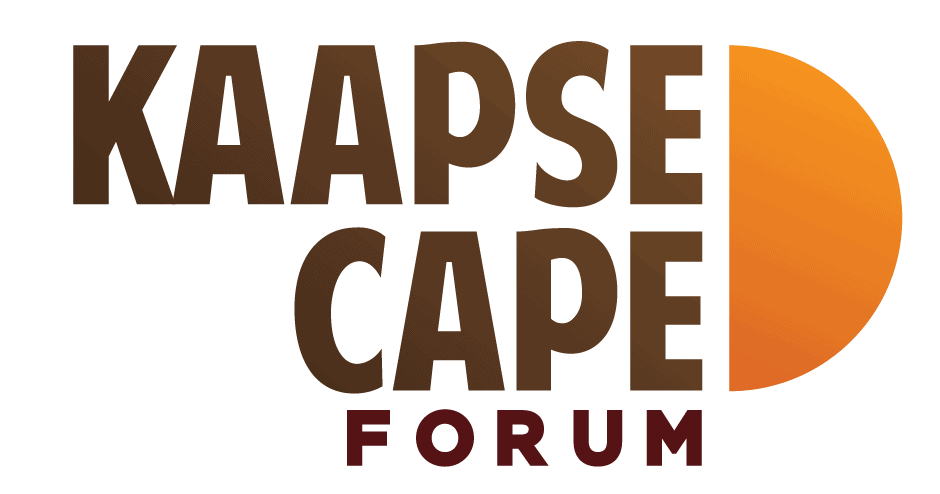Cape Forum makes Western Cape’s voice heard in BELA submission after dispute over selective participation
The civil rights organisation Cape Forum also got the opportunity today at the eleventh hour to make its presentation on the Basic Education Laws Amendment Bill (the so-called BELA Bill) to the Standing Committee on Education and Technology, Sport, Arts and Culture. This follows after Cape Forum submitted its written comments on the Bill on 31 January this year and also requested to make an oral submission to the committee. Although the committee offered an opportunity for oral submissions on 6, 7 and 8 March, Cape Forum was not invited to participate.
This forced the organisation on Monday to instruct its lawyers to write a letter about this to the committee. The unique demographics of the community represented by Cape Forum have been highlighted in this writing. The letter also slammed Cape Forum’s exclusion from the process and argued that it “raises concerns regarding the inclusivity and representativeness of the legislative process, particularly in reflecting the diverse population of the Western Cape”.
However, in response to the letter, Cape Forum was informed on Tuesday that the organisation had been excluded due to an administrative error. In an attempt to rectify this, Cape Forum was therefore granted an opportunity to present their oral submission during the committee’s meeting today.
According to Bernard Pieters, Manager of Community Activation at Cape Forum, the organisation’s original exclusion from the process raised red flags about selective participation – and therefore discrimination. “However, we were able to make the Western Cape’s voice heard loud and clear today. Today’s presentation was, in contrast to the legal technical nature of our written comments, much more focused on the practical implications that the implementation of the proposed Bill could entail. The committee simply needs to hear how these plans will harm people at grassroots level,” emphasises Pieters.
Cape Forum maintains that the BELA Bill in its current form falls far short, and emphasises that it has already been proven across language and cultural boundaries that a community-focused approach is essential for meaningful change in the education sector. The organisation therefore argues that the following elements are of critical importance in this case:
- Community autonomy: The BELA Bill does not sufficiently empower communities in the Western Cape to take control of their education system. Without a community’s commitment, there will also be no community involvement. This is the first and foremost requirement in running successful schools.
- Resource distribution: Despite the past 30 years of considerable neglect of education in the Western Cape, and in South Africa as a whole, the BELA Bill does not provide clear mechanisms for equitable resource distribution. It is essential that resources are distributed fairly in order to effectively tackle historical inequalities.
- Local initiatives: The BELA Bill does not emphasise the importance of local initiatives and self-help efforts to improve education. Cape Forum believes in promoting community-based projects that will address education challenges directly at grassroots level.
- Human rights and democracy: Real education reform should bring about a deepening of democracy by devolving decision-making power to the lowest possible level. The Bill should be amended to give communities more say in shaping the future of education.
“Cape Forum is ready to fight BELA in court if the bill is passed. However, we made it clear today that we would rather, in the interest of healthy school communities, want to investigate a collaborative solution,” says Pieters. “The complete devolution of education to provincial level is now a matter that must be given urgent priority so that the chestnuts can be pulled out of the proverbial ‘educational fire’. Communities must be empowered so that work can be done on the establishment of functioning and healthy communities,” says Pieters.



